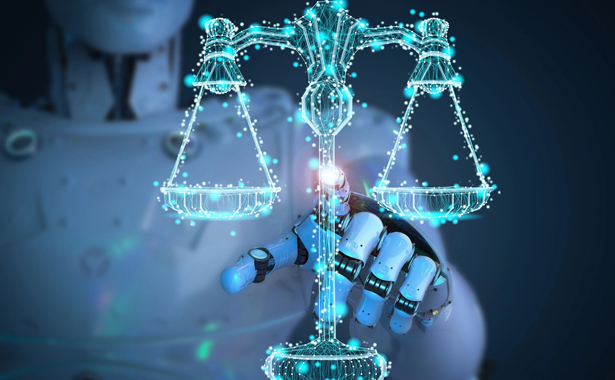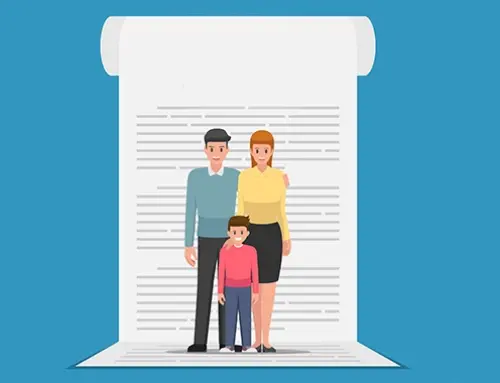Contents
Introduction
The legal industry is one of the oldest professions in the world. It’s also one of the most expensive, with some lawyers charging upwards of $1,000 per hour. For this reason, Automated Legal Services have become a popular topic within the legal community for decades and it’s finally starting to take shape.
An Overview of the Legal Industry
The legal industry is a big business. In fact, it’s the third-largest in the world and growing quite rapidly. Lawyers do a lot of work that can be automated: drafting contracts, reviewing documents for errors and inconsistencies, researching cases and statutes…the list goes on and on.
But lawyers are slow to adopt new technologies because they’re afraid of losing their jobs if they get replaced by machines (or “bots”). This fear has kept many lawyers from adopting automation tools that would allow them to spend less time doing routine tasks so they can focus more on what makes them unique: their strategic thinking and Client Communication skills.
How Automation Will Affect the Legal Landscape in the Future
Automation will provide a number of benefits to the legal industry. The most obvious benefit is efficiency, which can be measured in many ways: time saved and cost reduced are two common metrics used by businesses. A less quantifiable but equally important benefit may be improved customer experience. With automation helping lawyers do more with less, they’ll have more time on their hands to focus on higher value tasks like human interaction or innovation and creativity, where humans are superior to robots!
The Benefits and Drawbacks of Automation in Law Firms
Automation is a great way to save time, money and effort. It can also help you work more efficiently and make better decisions. Automation will allow you to focus on your clients instead of being bogged down by day-to-day tasks like filing documents or reviewing contracts.
The benefits of automation are clear: it’s easy to see how this technology can revolutionize the legal world by simplifying processes that were previously time consuming or expensive (such as writing contracts). But there are drawbacks as well–automated systems aren’t perfect, YET; they still make mistakes from time to time!
Automation in Legal Services
Like a lot of other industries, automation can be a huge help to legal services as well. Legal services that can be automated by technology include:
- Comprehensive contract review
- Legal research
- Legal document drafting
- Legal document review
- Legal document analysis (e.g. likelihood of success at trial)
- Legal document optimization (e.g. reducing the risk of liability)
Contract classification and tagging are also possible with AI (Artificial Intelligence) and ML (Machine Learning) technology–and even more so when combined with other types of automation like Natural Language Processing (NLP).
Automated Legal Services are Already Changing the Way We Practice Law
The legal industry is changing. As automation continues to sweep across industries, it’s only natural that the legal profession would be affected as well. The benefits of technology-enabled services are clear: they’re faster, more efficient and cost less than traditional human-driven processes. But the most important drawback is concerns about quality control and security issues, and these factors must be addressed before we can fully embrace an automated future for legal services. The future of automated legal services looks bright indeed; however there are still many challenges ahead for those who wish to use them effectively in their practice today.
Conclusion
Legal services are an integral part of our society, but they can be costly and time-consuming. Automation offers a solution to these problems by providing affordable, efficient legal assistance that’s accessible to everyone. While we may not see machines replacing lawyers anytime soon (if ever), automation is already changing the way we practice law by helping us save time and money on routine tasks like document review or contract drafting. This technology will only get better over time so keep an eye out for any new developments!
FAQ
1. Is there a way to make sure that Runsensible is the right software for my needs?
Absolutely! We have a free trial of Runsensible that grants you full access to all of the software’s features for a limited time.
2. Can Runsensible automate communication?
Yes, Runsensible has a built-in email automation system that allows users to set triggers for specific events and send emails to clients automatically when certain conditions are met.
3. How should I utilize technology to its fullest?
The most important steps include choosing the right technology for you and adapting to the trending tech at the time. We recommend that you read our blog post “How Smart Lawyers Use Technology to Win Cases”.
Disclaimer: The content provided on this blog is for informational purposes only and does not constitute legal, financial, or professional advice.






